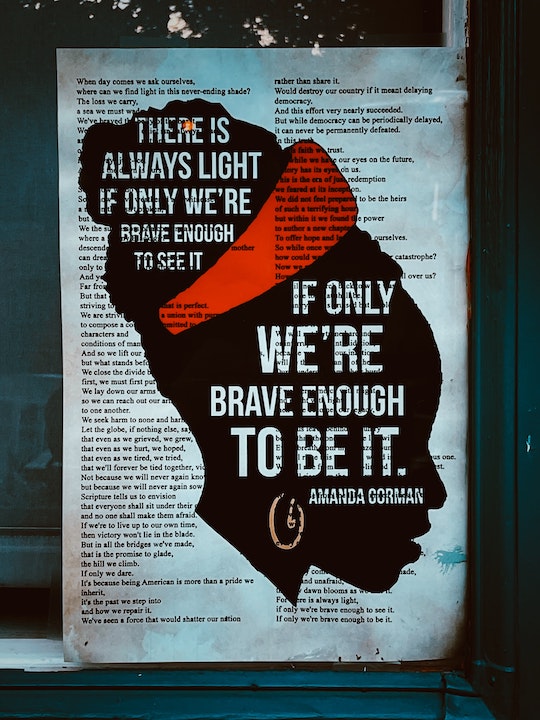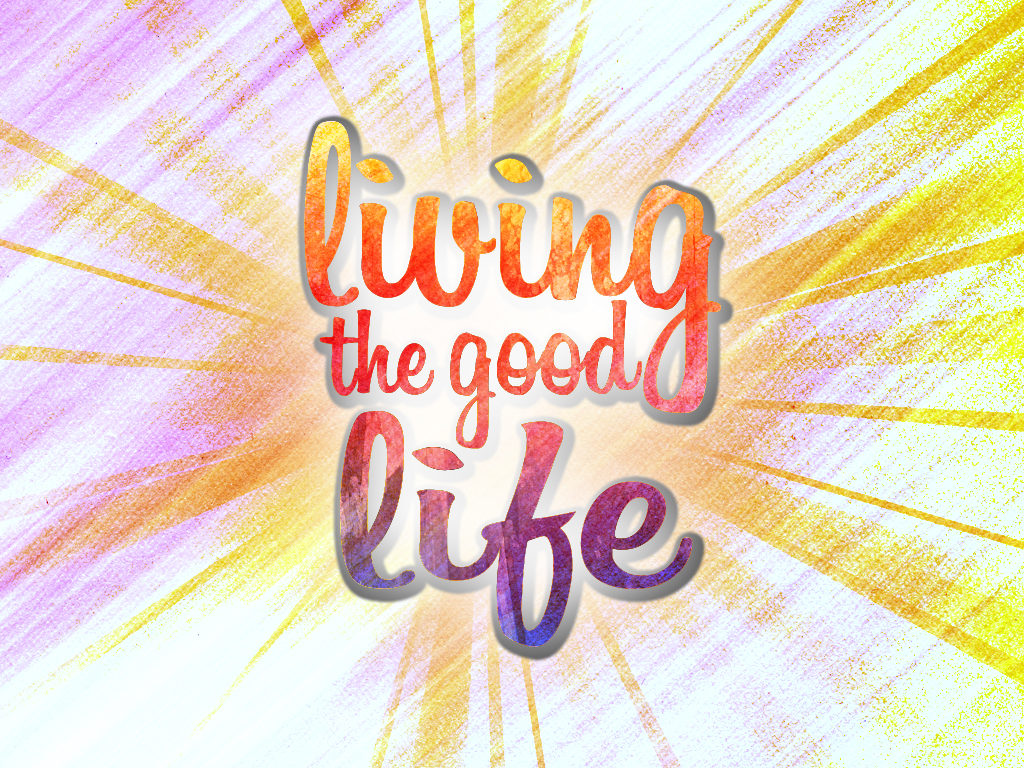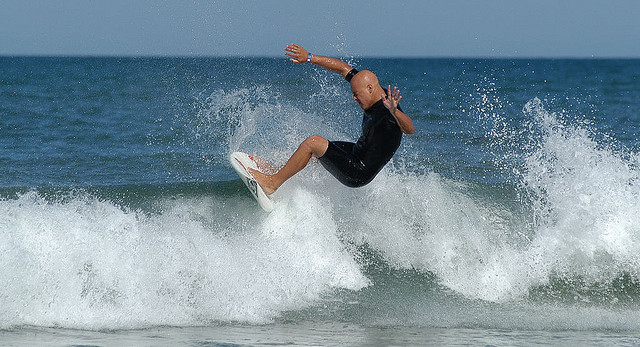“Feelings are much like waves. We can’t stop them from coming, but we can choose which ones to surf.”
—Johan Mårtensson, Swedish professional footballer
Wendy and I recently took a 5-day Caribbean cruise with good friends.
We got an extra good deal, which included a balcony and numerous other perks.
I made it a point to sit outside throughout the day to let the sights and sounds of the ocean flow in and around me.
Between wave watching sessions, I paid particular attention to the many conversations with our shipmates.
Learning more about them — how they surfed waves and managed the high and low tides of life — was profound, endearing us to one another more than ever expected.
EXERCISE:
How have you managed and ridden the waves of your life?
What are some of the nautical lessons you’ve learned over the years to help surf the ups and downs of life?






